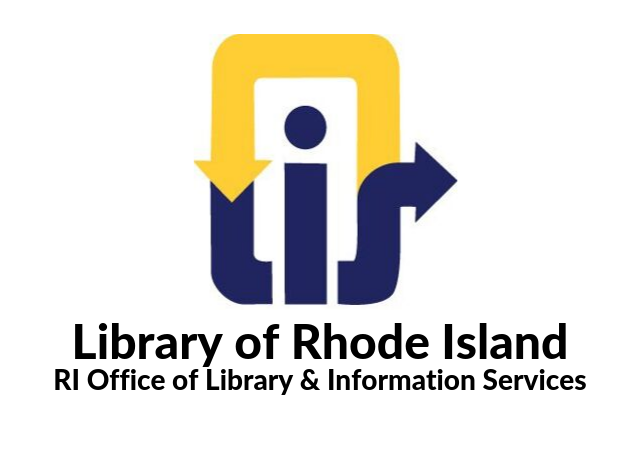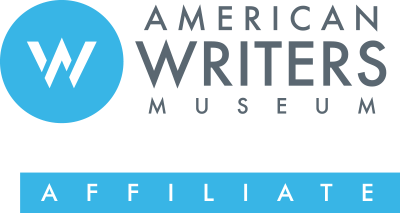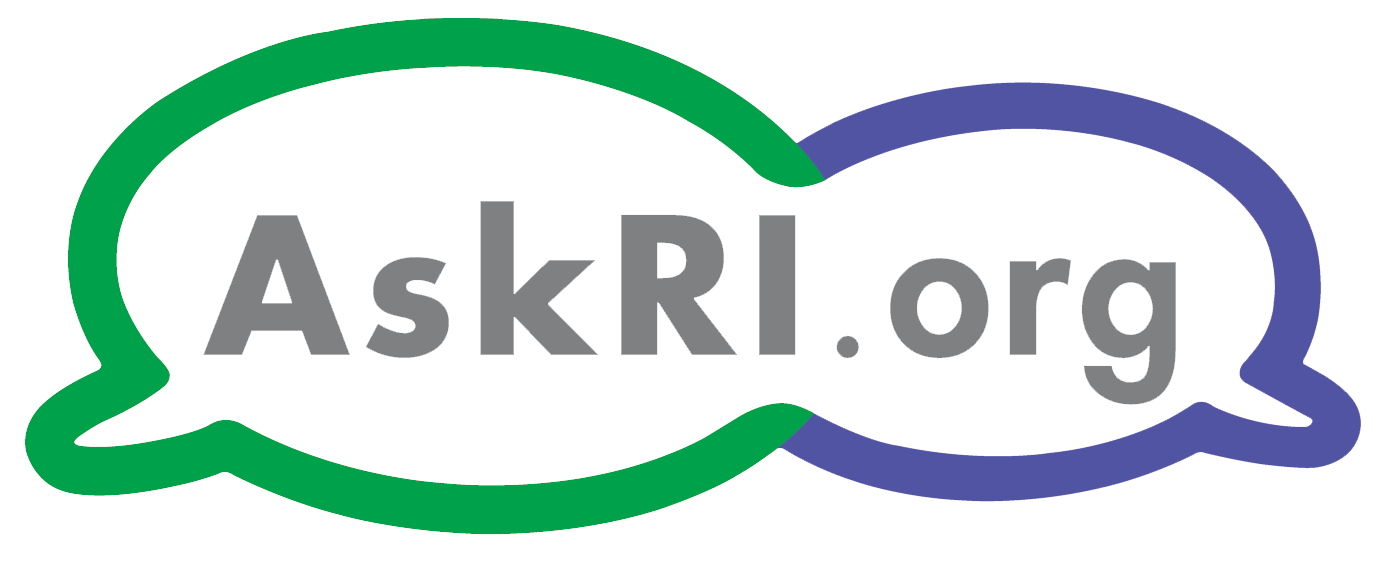The library is closed Monday, January 19th for Martin Luther King, Jr. Day.
Westerly Sun Column | Hoxie Exhibit on History of Book-Banning
October 02, 2023

Since 1982, libraries around the country have participated in Banned Books Week, an annual celebration during which we spotlight books that have been banned or challenged. While we’re always serious about promoting our individual freedom to read, many of our celebrations over the years have been rather tongue-in-cheek, poking fun at the surprising reasons books have been targeted. The last few years, however, things have been decidedly less playful. The number of book challenges in the United States has surged, reaching record highs in 2021 and again in 2022, and the challenges have hit much closer to home. In response, this year we’re calling attention to banned books — both historic and current — with an educational exhibit in our Hoxie Gallery throughout the month of October.
The exhibit, which was created by library staff, begins with an exploration of the history of book censorship in the United States. We refer a lot to challenges and bans — a “challenge” is the attempt to remove or restrict access to a book, whereas a “ban” is the removal of a book, often from a school or library. In America, these have existed in some shape or form since the English first made their way to this country, beginning with Thomas Morton’s “New English Canaan” in 1637. In 1873, Congress passed the Comstock Act, which criminalized the distribution of obscene material through the U.S. Postal Service; this was largely focused on contraceptives, but also included “vulgar” letters and publications. The definitions of obscene and vulgar, of course, can be quite broad. In 1973, the Supreme Court developed a three-prong obscenity test called the “Miller Test,” in which a work can only be deemed obscene if all three conditions are met. You can read more about the Comstock Act, as well as the Miller Test, in our exhibit!
Though we tend to think about book bans as a thing of the past, it’s very much a part of our modern life. Only a few months ago, a new bill was introduced (H 6324) that would add cartoons/comics/graphic novels to a list of materials that could be deemed explicit, and make librarians liable for distributing these materials. Many books by and about members of the LGBTQ+ community have been under fire, with critics pointing at images or excerpts they deem offensive. Our exhibit highlights a number of these books that have been challenged locally and nationally, and includes an interactive display that visitors can flip through for more information and context.
We hope you will come and view the exhibit between Oct. 4 and Oct. 28 and learn a bit more about why libraries support every person’s freedom to read. After navigating through the display, we invite all patrons to leave comments and questions they may have about censorship, as well as to read some of our responses to questions we received recently.
by Cassie Skobrak, Adult Services Librarian








